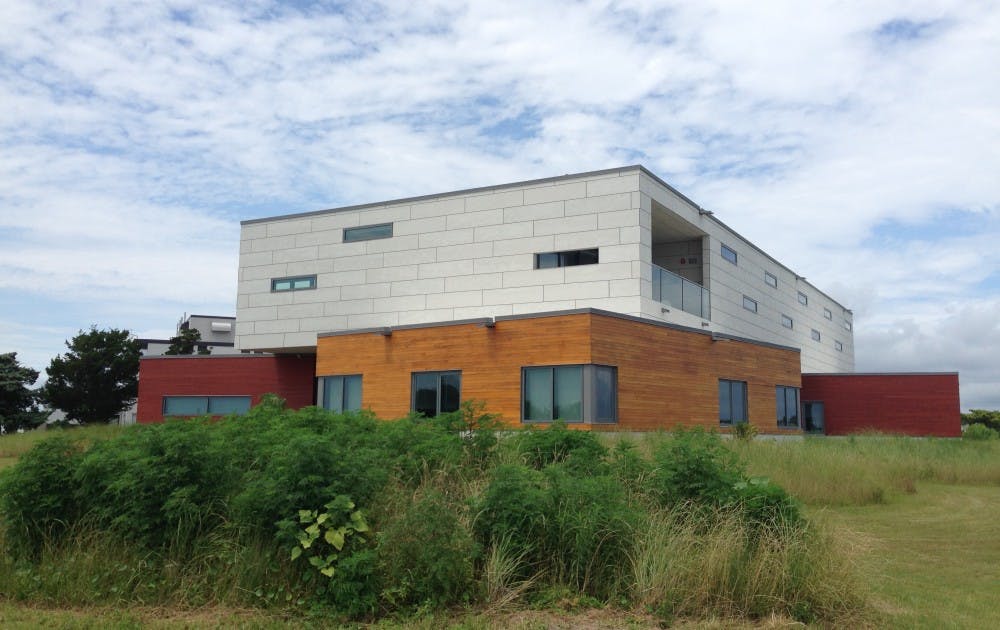Hurricane Florence hit the Duke University Marine Lab Sept. 14. Now, nearly the entire campus is back in full swing and is even using its experiences from the storm for research.
Restored to its normal course schedule earlier this month, the Marine Lab has been recovering from the damages of the tropical storm. Spring semester students will have a difficult time “[telling] the storm was even there,” Marine Lab Director Andrew Read said in a press release.
“The Marine Lab is recovering much more quickly than anyone thought possible, thanks in huge part to the support we have received from the Durham campus and the tenacity of our faculty, staff and students who have worked to get courses back up and running in record time,” Read said in the release.
Although four dorms will be reopened later this month, many buildings are in operation, such as the library, saltwater and IT systems and dining services. There are currently new roofing and long-term repairs in the works, Read said, yet the “regular business of teaching and research” is ready to be underway.
“We have received incredible support from main campus, from offers of accommodation to displaced students to technical assistance from [Facilities Management] on damage assessment and recovery," Read wrote in an email to The Chronicle in September.
The lab is composed of 75 undergraduates, master’s and doctoral students this semester. In addition, new student research opportunities at the Marine Lab could actually be used to aid in recovery efforts from Florence and how other communities can deal with the effects of similar storms in the future, according to the release.
“We’re launching a series of new initiatives where undergraduates can work alongside faculty and graduate students on laboratory and field research,” Read said in the news release. “This includes everything from flying drones and using geospatial analysis to assess storm impacts on coastal habitats and communities, to partnering with colleagues at the [University of North Carolina] Institute for Marine Sciences to measure impacts on water quality, beach erosion, fisheries health, marine life, marsh restoration and other issues vital to the economic and ecological health of our coast.”
Get The Chronicle straight to your inbox
Signup for our weekly newsletter. Cancel at any time.

Stefanie Pousoulides is The Chronicle's Investigations Editor. A senior from Akron, Ohio, Stefanie is double majoring in political science and international comparative studies and serves as a Senior Editor of The Muse Magazine, Duke's feminist magazine. She is also a former co-Editor-in-Chief of The Muse Magazine and a former reporting intern at PolitiFact in Washington, D.C.

